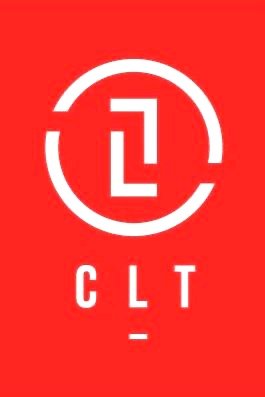Synopsis
In Certified ScrumMaster courses a common concern of new Scrum Masters is how to be a more effective coach and help their teams improve. One thing any Scrum Master can do to immediately add value and help the team that they are serving is to facilitate the creation of Working Agreements. Maybe you’ve referred to these as Team Norms, Core Values or Rules of Engagement but for our purposes I’m going to refer to them as Working Agreements. Why are these important for a Scrum team? Without working agreements, it’s really just a collection of people and not really a team. An effective Scrum Master, as active facilitator, can certainly help the Development Team and Product Owner create these agreements.
The Scrum Master can also be the steward of the working agreements, ensuring that they are posted where everyone can see them. It’s best to keep these short to ensure that they are well understood and of course, ensuring that they are enforced.
What are typical things found in these agreements? They can be tactical, such as the agreed upon times for all Scrum Events and then being on time for these events. They can also include protocol if someone cannot attend an event and how information is shared to those who are not able to attend.
An example would be sending a group text, posting to a Slack channel or sending a group email, so that everyone on the team is aware.
These agreements can also include more cultural aspects of what it means to be a part of this team. Here are a few examples from our own Collaborative Leadership Team working agreements. We will assume positive intent. Which means, we won’t make bad assumptions about somebody else when we don't have all of the information. Another example is that it's okay to use humor but not to launch missiles at each other. It’s OK to have fun but not to cross a line to put someone down.
Revisit the working agreements from time to time and add new, relevant items or remove items that are no longer relevant. This is the active way the team agrees to engage with each other so it should be current and visible. Hopefully, these tips have been helpful to you as you begin establishing Working Agreements with your teams.
Video Transcript
Hi. I'm Angela Johnson, Certified Scrum Trainer and Agile Transformation Coach with the Collaborative Leadership Team. Today, I'd like to talk to you about working agreements. Why are these important for our Scrum team? Well, without working agreements or team norms, you might just be a collection of people and not really a team. A good Scrum Master as active facilitator can certainly help facilitate bringing these about. They can also then be the steward of the working agreements, so that they are posted where everyone can see them. Keeping them short, making sure they are well understood and of course, enforcing them. What's in a working agreement? These can be tactical, such as being on time for Scrum events. What happens if you can't attend a Scrum event? There may be a working agreement that says, send a group text or send a group email, so that everyone on the team is aware.
They can also be things that are more cultural and what it means to be on this team. Let me share just a few examples of those from our own Collaborative Leadership Team working agreements. One of our working agreement says, we're going to assume positive intent. Which means, let's not make bad assumptions about somebody else when we don't have all the information. Another one of our working agreements says, it's okay to use humor but not to launch missiles at each other. Hopefully, these tips around working agreements has been helpful to you as you try to establish a few of your own. For more information about what it takes to be a great Scrum Master, please join one of our classes at https://www.collaborativeleadershipteam.com/upcoming-courses. Thanks for listening.
About Collaborative Leadership Team:
Collaborative Leadership Team (CLT) is the premier Agile Consultancy. We believe in the Values and Principles of the Agile Manifesto. Our mission is to train and coach Individuals, Teams and Leaders. This will improve their ability to deliver valuable, consistent, working product. Companies that adopt this way of working will reduce their cost of change and keep up with the evolving demands of their Customers. CLT helps you achieve your goals through Assessments, Training, Coaching and Mentoring.
Since 2010, CLT has had a significant impact on the way people and organizations achieve higher levels of productivity:
Over 15,000 Students trained in Agile & Scrum
Over 100 Organizations (Fortune 500 to family businesses) are achieving their goals by transforming and adopting Agile & Scrum
CLT brings Agile experience from all areas of business and technology. The Executive Suite, Software Development, Hardware Development, and Team Dynamics & Optimization.
For more information including Training offerings, Coaching offerings, Client Feedback. and more, please visit us at http://collaborativeleadershipteam.com

